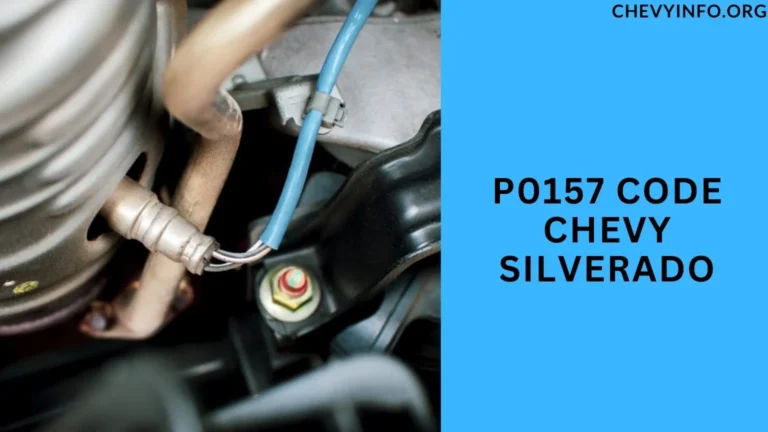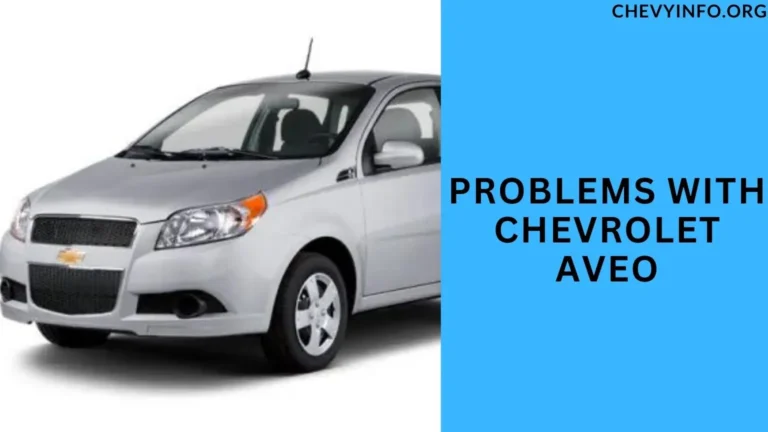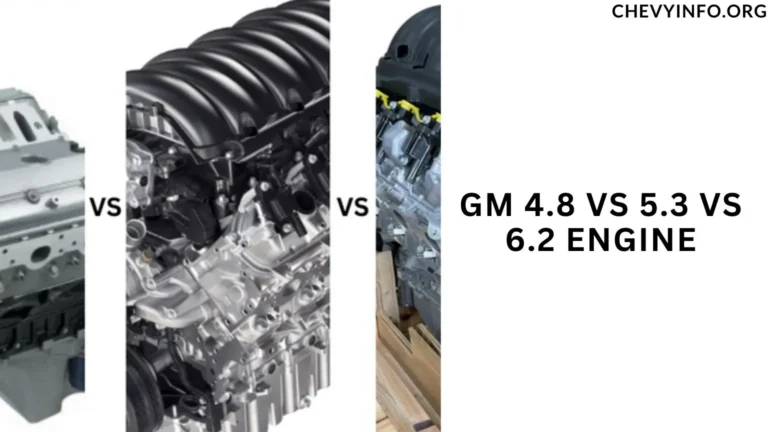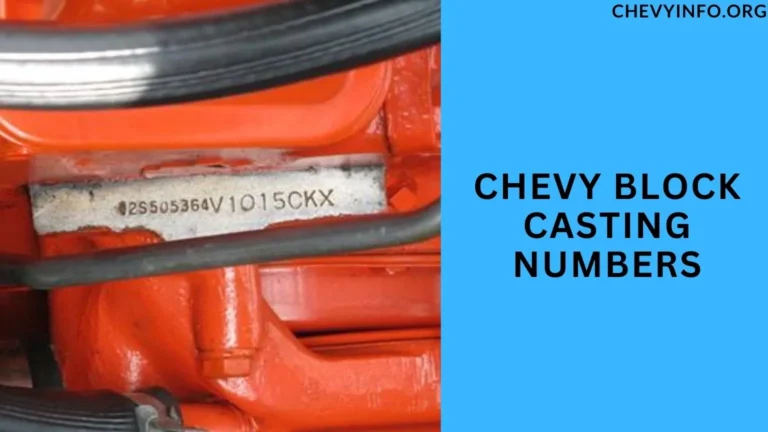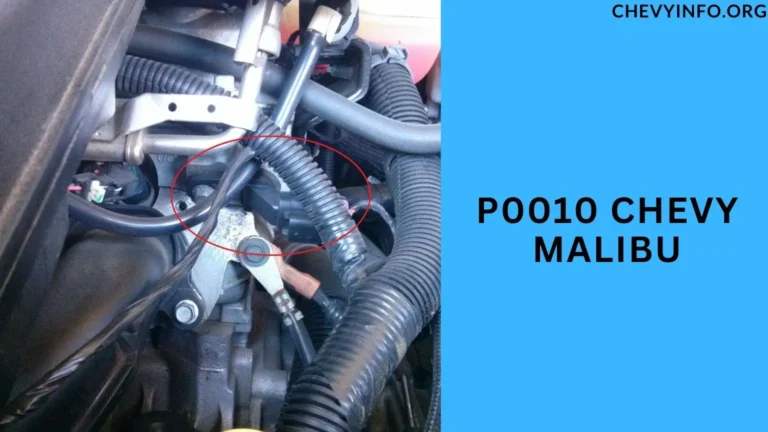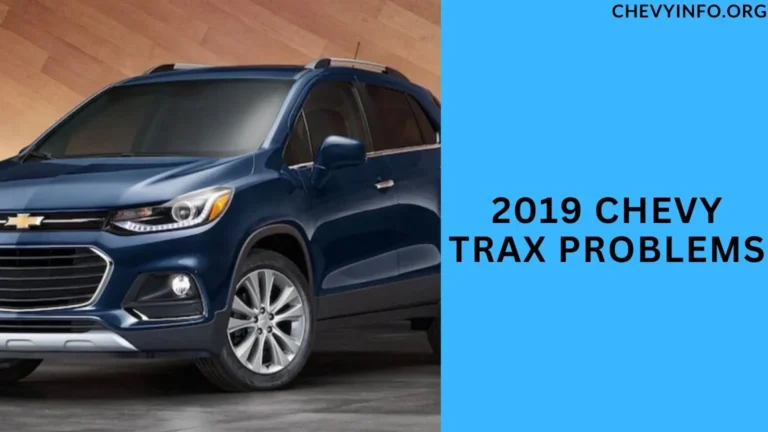Small Block VS Big Block (Which Is Best?) of 2024
In the world of engines, the debate between Small Block VS Big Block configurations has long been a topic of discussion among automotive enthusiasts and engineers alike.
Each configuration offers unique advantages and disadvantages, catering to different needs and preferences.
Let’s delve into the intricacies of small block and big block engines to understand their distinctions and applications better.
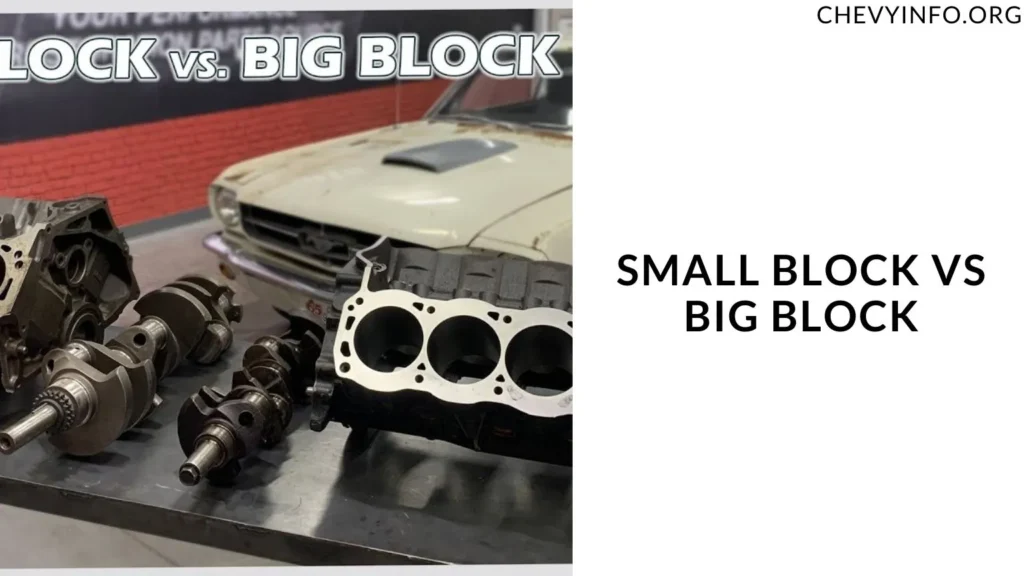
What are Small Blocks?
Small block engines are characterized by their compact size and lighter weight compared to big block engines.
They typically have a smaller displacement, with cylinders arranged in a V-configuration. These engines are known for their efficiency and suitability for everyday driving.
Advantages of Small Blocks
- Fuel Efficiency: Small block engines are designed to deliver better fuel economy, making them ideal for commuters and daily drivers.
- Compact Design: Their smaller size allows for easier installation in a variety of vehicles, including compact cars and sports cars.
- Lower Cost: Small block engines are generally more affordable to manufacture and maintain, contributing to their popularity among budget-conscious consumers.
Disadvantages of Small Blocks
- Limited Power: Due to their smaller displacement, small block engines may not offer the same level of horsepower and torque as big block engines.
- Less Ideal for Heavy Loads: They may struggle when tasked with towing heavy trailers or carrying substantial payloads.
What are Big Blocks?
On the other hand, big block engines are characterized by their larger size and higher displacement.
These engines often feature a wider V-configuration or an inline layout, providing ample power and torque for demanding applications such as towing and high-performance driving.
Advantages of Big Blocks
- High Power Output: Big block engines are renowned for their ability to produce significant horsepower and torque, making them suitable for heavy-duty tasks.
- Excellent for Towing: Their robust design and torque characteristics make big block engines well-suited for towing trailers and hauling heavy loads.
- Performance Applications: Many performance enthusiasts prefer big block engines for their potential in building high-performance vehicles.
Disadvantages of Big Blocks
- Fuel Consumption: Due to their larger size and higher power output, big block engines tend to consume more fuel compared to their smaller counterparts.
- Space Requirements: The larger dimensions of big block engines may pose challenges in fitting them into smaller vehicles or tight engine bays.
Comparison with Small Block vs Big Block
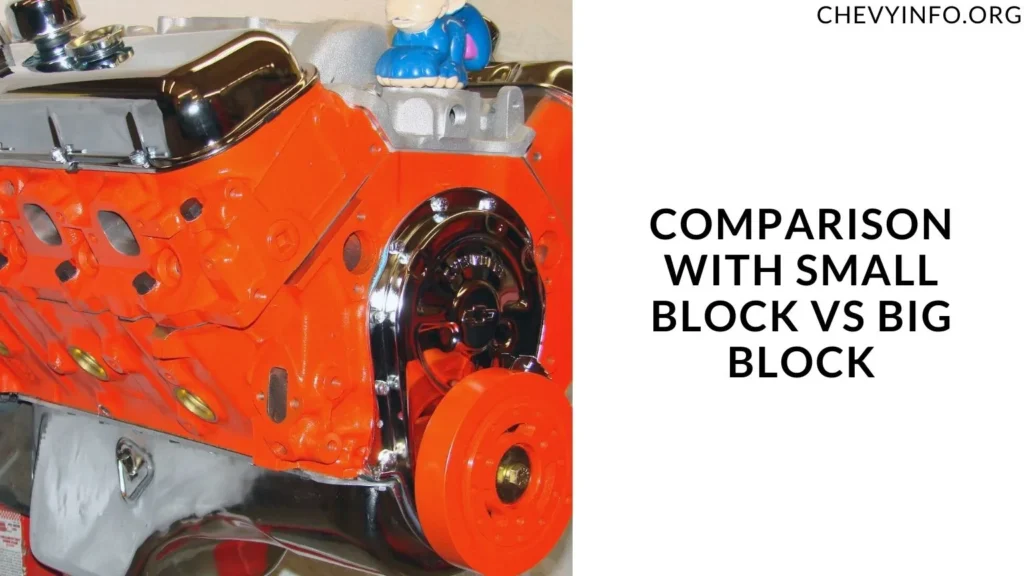
When comparing small block and big block engines, several factors come into play, including performance, cost, and flexibility.
Performance
Big block engines excel in terms of raw power and torque, making them ideal for heavy-duty applications and performance vehicles.
However, small block engines offer better fuel efficiency and agility, making them preferable for everyday driving scenarios.
Cost
In terms of cost, small block engines are generally more budget-friendly both in terms of initial purchase and long-term maintenance.
Big block engines may have higher upfront costs and consume more fuel, leading to increased operating expenses.
Flexibility
Small block engines shine in terms of flexibility, thanks to their compact size and versatility. They can be installed in a wide range of vehicles without significant modifications.
On the other hand, big block engines are better suited for specific applications that require substantial power and towing capacity.
People also ask
Is a big block better than a small block?
The superiority of a big block over a small block depends on the specific requirements and preferences.
Big blocks offer more power and torque, making them suitable for heavy-duty tasks and performance applications.
However, small blocks excel in fuel efficiency and are more compact, making them preferable for everyday driving and certain applications.
Is a 400 a big block or small block?
A 400 engine typically falls into the category of a small block due to its displacement size and design characteristics.
Is a 350 engine a big block?
No, a 350 engine is generally considered a small block due to its displacement size and design features.
Is the 6.2 a small block or a big block?
The 6.2 engine is typically classified as a big block due to its larger displacement size and design characteristics.
Conclusion
In conclusion, the choice between small-block and big-block engines depends on individual preferences, intended usage, and budget considerations.
Small blocks offer efficiency and affordability, while big blocks provide unmatched power and capability.
Understanding the differences between these two engine configurations is crucial for making informed decisions in the automotive world.

Henry Worner, a seasoned automotive expert with over 13 years of experience in car repair, maintenance, and performance enhancement, ChevyInfo.org was born out of a passion for Chevrolet vehicles. Henry’s deep-rooted love for everything Chevy has driven him to create a platform where fellow enthusiasts, car owners, and anyone interested in Chevy cars can find valuable insights, tips, and guidance.

